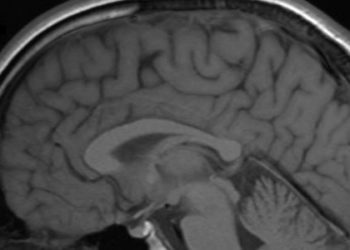Association between prehospital time and outcomes of trauma patients
1. Longer pre-hospital times for trauma patients were not associated with 30-day mortality.
2. A 10-minute delay in pre-hospital time for trauma patients was associated with a 6% increased odds of a poor functional outcome upon discharge.
Evidence Rating Level: 2 (Good)
Each year, trauma comprises 0.5% of deaths worldwide. Historically, it has been thought that the time taken to respond to a trauma and transport a patient to the hospital was critical. However, interventions done by paramedics at the scene of trauma may delay transport to hospital. Overall, research has been inconsistent on whether shorter prehospital time is associated with positive health outcomes. The current retrospective study examined the correlation between prehospital time and outcomes such as 30-day mortality and functional status upon discharge. The study population consisted of 24,365 patients from Japan, Korea, Malaysia, and Taiwan. Prehospital time was split into 3 categories: response time (RT), scene to hospital time (SH), and total prehospital time (TPT). As well, the associations were adjusted for age, sex, injury severity, and prehospital interventions. Overall, there was no association of prehospital time with 30-day mortality. Specifically, for each 10-minute delay, the adjusted odds ratios were 0.99 (95% CI 0.92-1.06, p = 0.740), 1.08 (95% CI 1.00-1.17, p = 0.065), and 1.03 (95% CI 0.98-1.09, p = 0.236), for RT, SH, and TPT respectively. However, there was a 6% increased odds of poor functional outcome for every 10-minute delay in prehospital time. The adjusted ORs were 1.06 (95% CI 1.04-1.08, p < 0.001), 1.05 (95% Ci 1.01-1.08, p = 0.007), and 1.06 (95% CI 1.04-1.08, p < 0.001) for RT, SH, and TPT respectively. Altogether, this study showed that longer prehospital times may not be critical for short-term survival, but are significantly associated with severe disability upon discharge. The results from this study may have implications on the training of paramedics and first responders at the scene of trauma, as well as influence policies on facilitating quicker transportation of trauma patients to hospitals.
Click to read the study in PLOS Medicine
Image: PD
©2020 2 Minute Medicine, Inc. All rights reserved. No works may be reproduced without expressed written consent from 2 Minute Medicine, Inc. Inquire about licensing here. No article should be construed as medical advice and is not intended as such by the authors or by 2 Minute Medicine, Inc.







